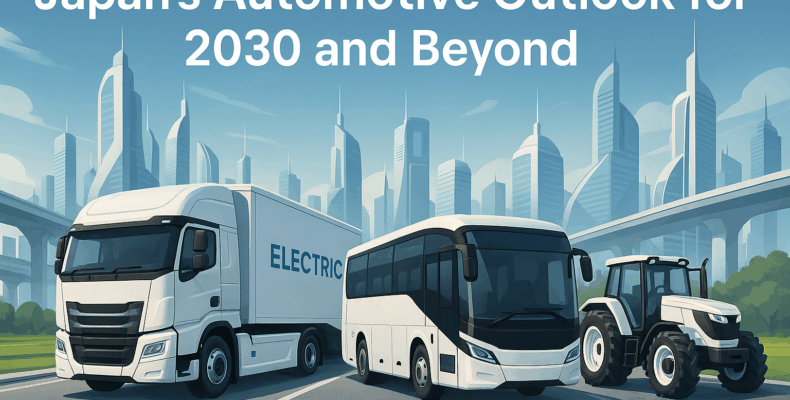Japan’s car industry keeps changing.
It faces big goals, strong rules, and new ideas.
This article explores what the future may hold for Japanese cars by 2030 and beyond.
1. Electric Cars Will Take the Lead
By 2030, many Japanese car brands plan to sell mostly electric or hybrid vehicles.
Companies like Toyota, Nissan, and Honda invest in:
-
Better batteries
-
Cheaper electric motors
-
Faster charging systems
Because countries want cleaner air, carmakers must follow stricter rules.
Why this matters:
Japanese cars will become cleaner, quieter, and more efficient.
2. Hydrogen and Fuel Cell Technology Will Grow
Toyota and Honda continue to work on hydrogen fuel cell cars.
These vehicles run clean and fill up fast—just like gasoline cars.
While electric cars lead now, fuel cells may offer more range and less stress.
Why this matters:
Japan could lead in making fuel cell cars for long-distance travel.
3. Smart Tech and Self-Driving Features
Cars are getting smarter every year.
Brands add:
-
Safety tools like auto braking and lane keep
-
Parking assist
-
Highway autopilot systems
So drivers stay safer, and cars handle more tasks on their own.
Why this matters:
By 2030, most new Japanese cars will include advanced driver support.
4. Lighter Materials and Better Fuel Use
To save fuel, Japan’s automakers use:
-
Strong but light metals
-
Better engine control systems
-
Hybrid help even in gas cars
Smaller engines with turbo power and electric support will become normal.
Why this matters:
Cars will stay fun but use less fuel and cost less to drive.
5. Kei Cars and Urban Mobility Will Still Matter
Even in 2030, kei cars will stay important.
They are:
-
Cheap
-
Small
-
Great for city life
Because cities want less traffic and lower pollution, small smart cars will help.
Why this matters:
Japan will mix high-tech EVs with smart small cars for all needs.
Trusted Exporters for Japan’s Next-Gen Cars
If you plan to import future-ready Japanese vehicles, choose trusted exporters who track changes in tech and policy.
EVERY Co., Ltd.
Since 2006, EVERY has shipped eco-friendly cars, hybrids, and EVs to over 100 countries. They give detailed reports and fast support.
➤ https://www.everycar.jp/
SBT Co. Ltd.
Offers many low-emission vehicles and hybrid stock for export.
Be Forward
Lists EVs, hybrids, and fuel-efficient models with clear info.
Qualitex Trading
Focuses on clean-condition cars built after 2015 and EV-compliant.
Autorec Enterprise Ltd.
Known for careful inspection and support for future-ready exports.
➤ See also:
Top Recommended Japanese Used Car Export Companies for International Customers
Final Thoughts
Japan’s car industry will stay strong by changing wisely.
Electric, hybrid, and fuel cell cars will lead the way.
With smart design and clean power, Japanese cars will remain top choices in 2030 and far beyond.
Next article:
“How Japan Balances EV Growth and Classic Engineering”
